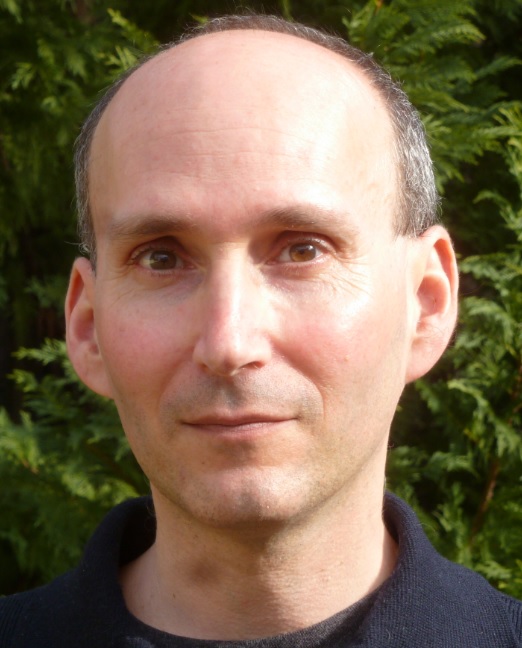Ten years ago I published a study about
race and incarceration in Baltimore, Maryland. I found at that over half (52 percent) of the young African American men (aged 20 to 30) in Baltimore were under justice control on any given day -- in prison or jail, probation or parole. Not quite 20 percent of them were actually in custody.
"You've got one in five young black men living in a cage," I told the Baltimore Sun at the time. "I saw that 'one in five' figure for Baltimore, and I wanted to cry."
My friends teased me over what I told the
Sun. But I was right. The data made me sad and angry. Today's events show people's anger finally pouring out.
The study took a global view. First, it put the one-in-five finding in context. It showed how Baltimore was consistent with similar studies done elsewhere, including Washington DC and the nation. Which makes you want to cry? Surprise that one-in-five young black men wakes up in a cage? Or indifference because such findings are routine? Which is worse?
The next step was more important. I highlighted the research showing that high levels of arrest and incarceration destabilize communities. I relied on then-new research by criminologist Todd Clear:
High levels of incarceration concentrated in impoverished communities has a destabilizing effect on community life, so that the most basic underpinnings of informal social control are damaged. This, in turn, reproduces the very dynamics that sustain crime.
By 2005, people had been complaining about zero-tolerance and broken-windows policing for years. Even as politicians bragged about maintaining order, minority communities complained about being overpoliced and underprotected. There were too many arrests; too many of them were trivial. Residents came to view police as a threat -- not as support. Police chief Nicholas Pastore of New Haven famously said arrests are "
a sign of failure.''
But Pastore's view didn't carry the day, and he's long gone by now. Police still make too many arrests and there are still too many people locked up. Crime is at historic lows even as the
prison population stays near record highs. When crime is high, police make arrests. When crime is low, police make arrests.
"Enough!" the people in Baltimore are saying. They are saying with rocks what I said 10 years ago with numbers. Whether they are breaking the windows or cleaning up afterwards, everyone agrees that something is wrong. As I say of
my new novel, "the justice system
doesn't protect people who need protection and doesn't help people who've been hurt."
So here we are. People don't trust the police, and they don't trust the system to police the police. In 2005, one-in-five of Baltimore's young African American men was locked up. What is it now? Are we ready to care?





